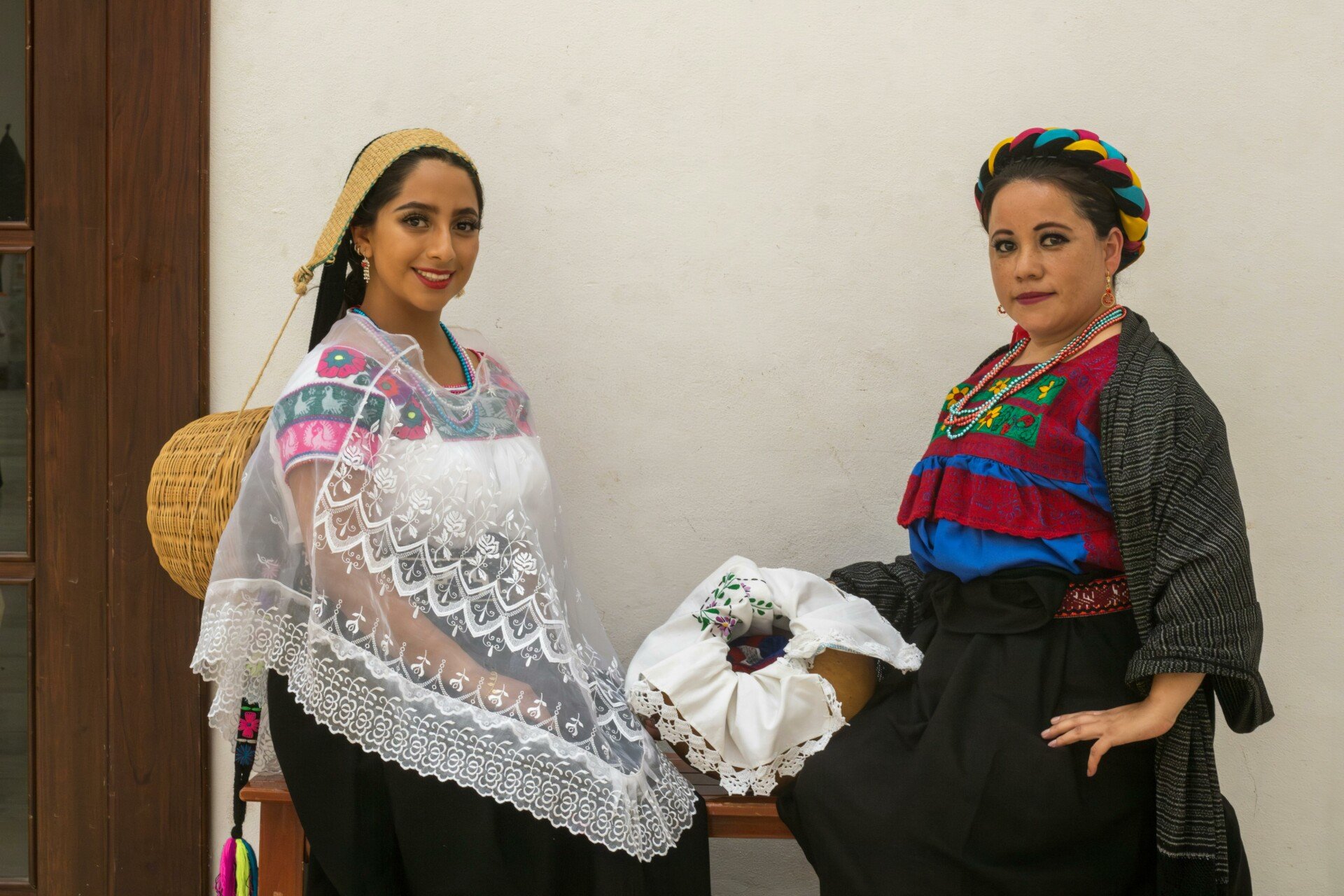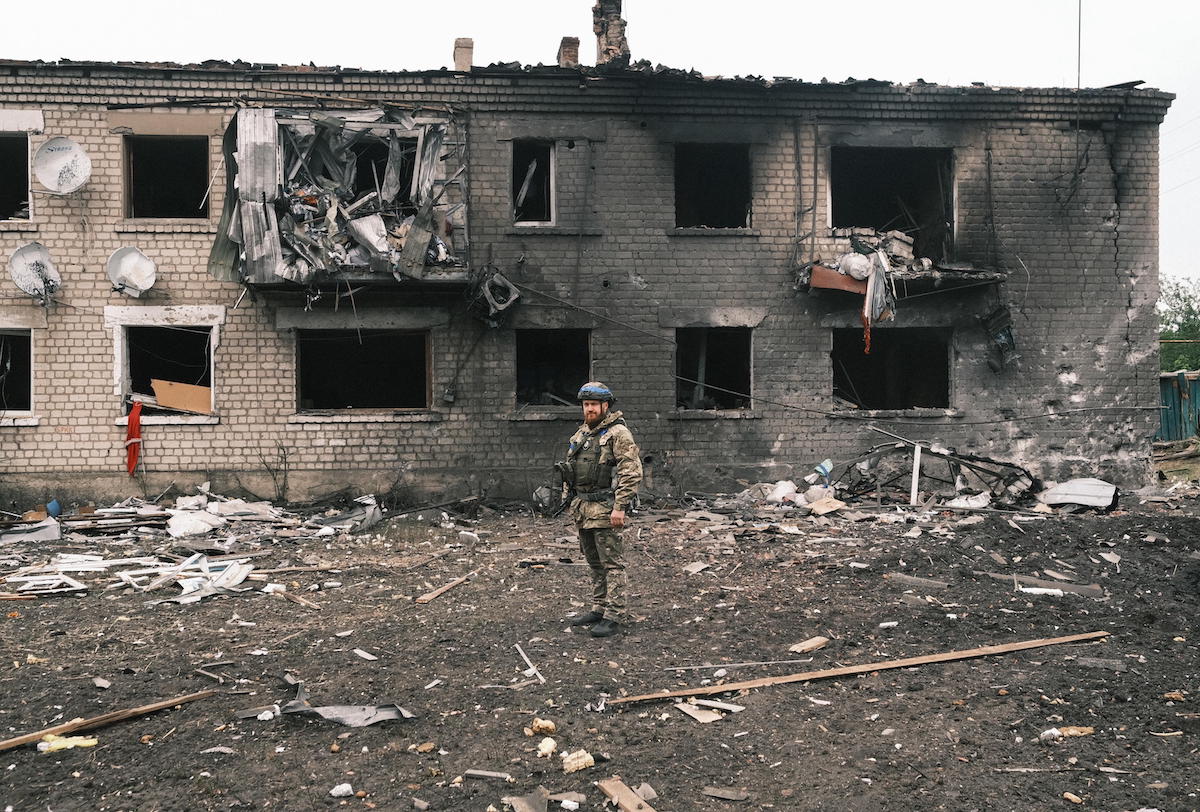Today In Afghanistan “increasing restrictions on women's fundamental rights since the return of Taliban rule”are unacceptable and must be eliminated”This was reiterated on 20 June by Ambassador Vincenzo Grassi, Permanent Representative of Italy to the United Nations, at the 56th session of the Human Rights Council. Ambassador Grassi stated in his speech that “Italy is alarmed by the systematic oppression of women and girls in the country, which can amount to gender-based persecution, a crime against humanity as defined in the Rome Statute (art. 7 point h) to which Afghanistan is a State party“.
In a similar vein, Richard Bennett, the UN Special Rapporteur on human rights in Afghanistan, said in presenting his report to the Human Rights Council that “The Taliban's institutionalization of their system of oppression of women and girls and the harms they continue to commit should shock the conscience of humanity.“. Bennett finally Recommends that States parties codify gender apartheid as a crime against humanity.
You too can rediscover the pleasure of staying informed!
Your support helps protect our independence so we can continue to produce quality journalism that is open to all.
Support us
Today's Afghanistan is not a country for women
After their return to government in 2021, the Taliban restored a system of laws and rules, which reflects a rigorous vision of sharia (in Islamic and Quranic lexicon, this means the revealed way, the sacred law not developed by men but imposed by God). Gradually, the Taliban recreated a regime similar to the one they had created in the 1990s, systematically limiting women's human rights and freedoms and increasing its international isolation.

Taliban Decree Against Women Source Ispionline article: Afghanistan: All Back
What do I'aside of gender
The term gender apartheidwhich can be translated into Italian as gender apartheid, refers to the sexual, economic and social segregation against individuals because of their gender or sex. It is a system set up, using physical and legal practices, to relegate individuals to subordinate positions. Speaking of gender apartheid and not simple discrimination is effective in representing a system imposed from above. Women are placed in conditions of inequality and oppression, with the aim of extinguishing their fundamental rights. According to United Nations human rights experts, only the term apartheid can account for this systemic will that underlies the creation of regimes similar to the Afghan one.
UN prepares Convention on the Prevention and Punishment of Crimes against Humanity
The UN has entered gender apartheid in the new Convention on the Prevention and Punishment of Crimes against Humanity, in the draft still under discussion at the United Nations General Assembly in New York. The articles currently under consideration provide a precise definition of the crime, necessary to establish the legal responsibility of the State that practices gender apartheid. In addition, the legal and sanction mechanisms to be applied are established.
The new Convention can represent an important opportunity to define new crimes and reinvigorate the legal mechanisms for the defense of human rights. An instrument that becomes universal, multilaterally recognized and legally binding. In addition, the same activation mechanisms of the Permanent International Court and the International Court of Justice can be strengthened.
International organizations and states unite around women Afghan
Amnesty International has joined the international campaign for the recognition of gender apartheid as a crime, supported by the Coalition of Euro-Afghan Women and the Revolutionary Association of Women of Afghanistan. Amnesty International Secretary General Agnés Callamard reiterated the importance of recognising gender apartheid as a crime to address the gaps in the current global legal system.
Italy, THEOn the occasion of the 56th session of the United Nations Human Rights Council, the Italian ambassador Grassi and the vice-president of the Pangea Foundation are among the promoters of the campaign. Furthermore, the president of Pangea recalls that Afghan associations and activists strongly urge States, including Italy, to support the request for codification of the crime of gender apartheid.
The international campaign has won the support of the UN Special Rapporteur on human rights in Afghanistan, who thus wishes to strengthen and restore the centrality of the UN in the framework of defense of human rights. As members of civil society, we can lobby and urge our government to support the campaign more proactively, in order to make the action of the United Nations increasingly effective and concrete in the defense of women and all of humanity.


